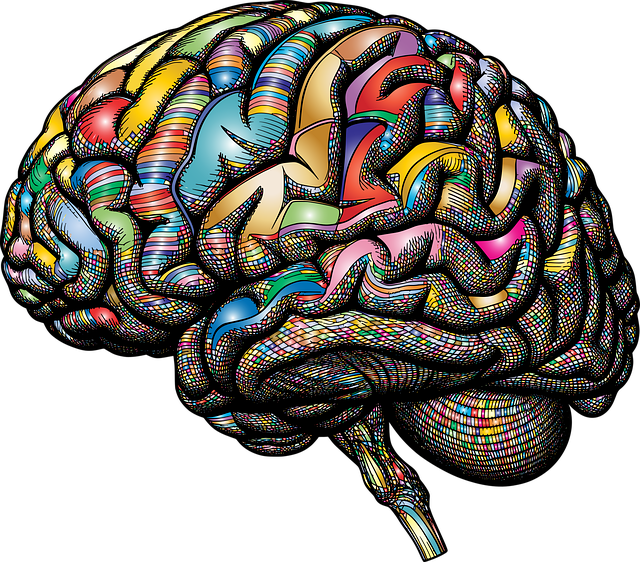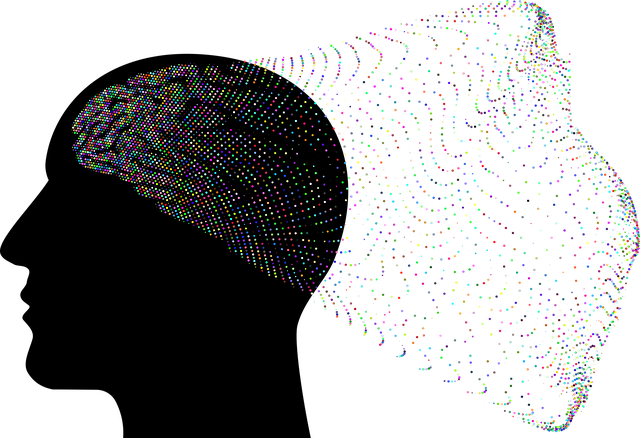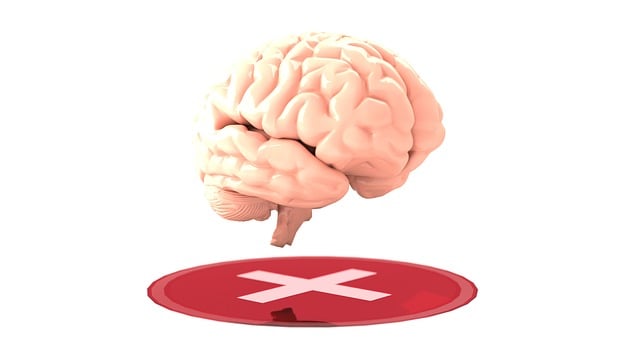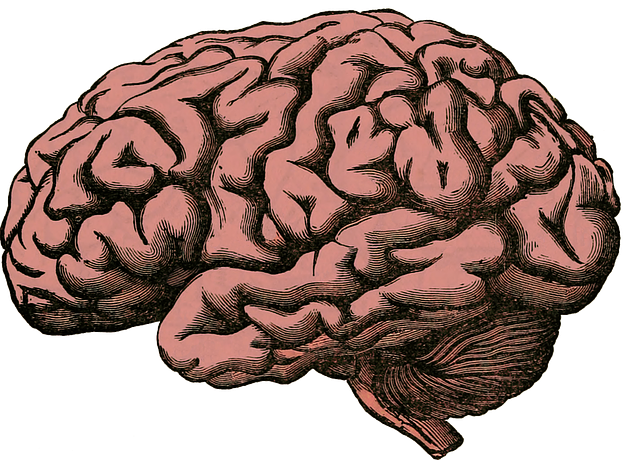Golden Neuro Disorders Therapy combines evidence-based practices with cultural sensitivity to empower individuals with neurodisabilities. This approach focuses on developing coping skills through tools like mindfulness, cognitive reframing, and social skills training. By integrating these strategies into daily life, individuals gain emotional resilience, improve decision-making, and enhance their overall mental wellness. The therapy's emphasis on self-awareness and adaptability fosters continuous growth and helps individuals lead fulfilling lives despite challenges.
Coping skills development is a cornerstone of Golden Neuro Disorders Therapy, providing individuals with effective strategies to navigate life’s challenges. This article delves into three crucial aspects: understanding coping skills as therapy foundations, exploring practical tools for development, and examining long-term benefits of cultivating resilience. By integrating these insights, you’ll gain valuable knowledge on enhancing mental well-being through Golden Neuro Disorders Therapy.
- Understanding Coping Skills: The Foundation of Golden Neuro Disorders Therapy
- Strategies for Development: Practical Tools and Techniques
- Cultivating Resilience: Long-Term Benefits and Continuous Growth
Understanding Coping Skills: The Foundation of Golden Neuro Disorders Therapy

Coping skills are essential tools for navigating life’s challenges and managing stress, making them a cornerstone of Golden Neuro Disorders Therapy. This therapeutic approach recognizes that individuals with neurodisabilities often face unique obstacles and require specialized support to develop effective coping strategies. By focusing on these skills, healthcare providers can empower their patients to enhance their emotional well-being and overall resilience.
Understanding the importance of coping skills is crucial in the context of providing culturally competent care, as outlined in Healthcare Provider Cultural Competency Training. This involves recognizing and respecting diverse cultural perspectives and incorporating them into risk assessments for mental health professionals. By integrating these considerations, practitioners can tailor their approach to suit individual needs, ensuring that techniques like Emotional Well-being Promotion Techniques are both effective and sensitive to the client’s background.
Strategies for Development: Practical Tools and Techniques

Coping skills development is a multifaceted process that involves practical tools and techniques to navigate life’s challenges. One effective approach is Golden Neuro Disorders Therapy, which leverages evidence-based practices to enhance mental wellness. This therapy focuses on cultivating resilient coping strategies, such as mindfulness meditation, cognitive reframing, and stress management techniques, tailored to individual needs. By integrating these practices into daily routines, individuals can better regulate emotions, improve decision-making, and foster positive social interactions.
Social Skills Training is another valuable component of coping skills development. Through role-playing scenarios, group discussions, and interactive exercises, individuals learn effective communication strategies, assertiveness techniques, and empathy building. This not only improves their mental wellness podcast series production but also enhances their ability to form meaningful connections and navigate social environments with confidence. Combining these approaches can significantly contribute to overall coping skills development, empowering individuals to lead fulfilling lives despite challenges.
Cultivating Resilience: Long-Term Benefits and Continuous Growth

Cultivating resilience is a key component of Golden Neuro Disorders Therapy, offering long-term benefits for individuals navigating mental health challenges. This therapeutic approach recognizes that building emotional strength and adaptability is essential for overall well-being. By focusing on self-awareness exercises and encouraging self-esteem improvement, individuals can develop coping skills that promote continuous growth even amidst adversity.
Resilience enables people to bounce back from setbacks, adapt to change, and maintain a sense of hope and optimism. It is not about avoiding challenges but rather learning from them and emerging stronger. Through regular practice, individuals can enhance their ability to cope with stress, anxiety, and depression, thereby preventing relapse and fostering a more positive and fulfilling life trajectory.
Coping skills development is a cornerstone of Golden Neuro Disorders Therapy, offering individuals practical tools to navigate life’s challenges. By understanding coping mechanisms and employing strategies from practical techniques, one can cultivate resilience and reap long-term benefits. This journey towards personal growth enables continuous learning and adaptation, ultimately enhancing overall well-being and quality of life. Embracing these principles is a step towards mastering not just coping, but thriving in the face of adversity.














